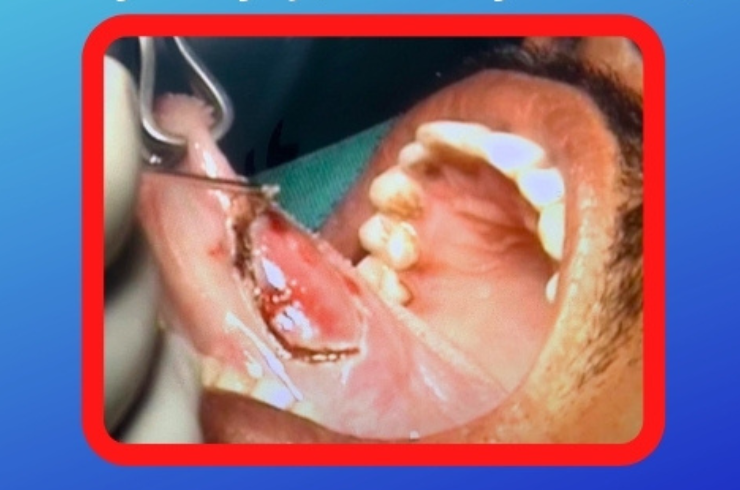
Tongue tumors include both benign and malignant growths that affect the tissues of the tongue. Among the malignant tumors, Carcinoma of the Tongue is one of the most common cancers, especially among smokers and tobacco chewers. Early detection and treatment are critical for achieving the best outcomes, and surgery is often the primary method of treatment for tongue cancer. At Asian ENT Care Centre, Hyderabad, we offer expert diagnosis, treatment, and surgical interventions for patients with tongue tumors.
Carcinoma of the tongue is a form of oral cancer that typically affects the lateral borders of the tongue. It is more prevalent in individuals who use tobacco or alcohol, but it can also affect non-smokers.
These symptoms should be promptly evaluated by a healthcare professional, especially if they persist for more than a few weeks.
Treatment for tongue tumors, especially tongue cancer, depends on the stage of cancer and its location. The primary treatment method is surgery, but other options may also be included:
Surgery is the most effective treatment for tongue carcinoma, especially in the early stages. The type of surgery depends on the extent of the cancer:
If you have persistent symptoms such as pain, burning sensations, non-healing ulcers, or difficulty swallowing, schedule a consultation with our ENT specialists at Asian ENT Care Centre in Hyderabad. Early diagnosis and treatment of tongue tumors can greatly improve prognosis and quality of life.
Schedule your consultation today and start your journey to better health!